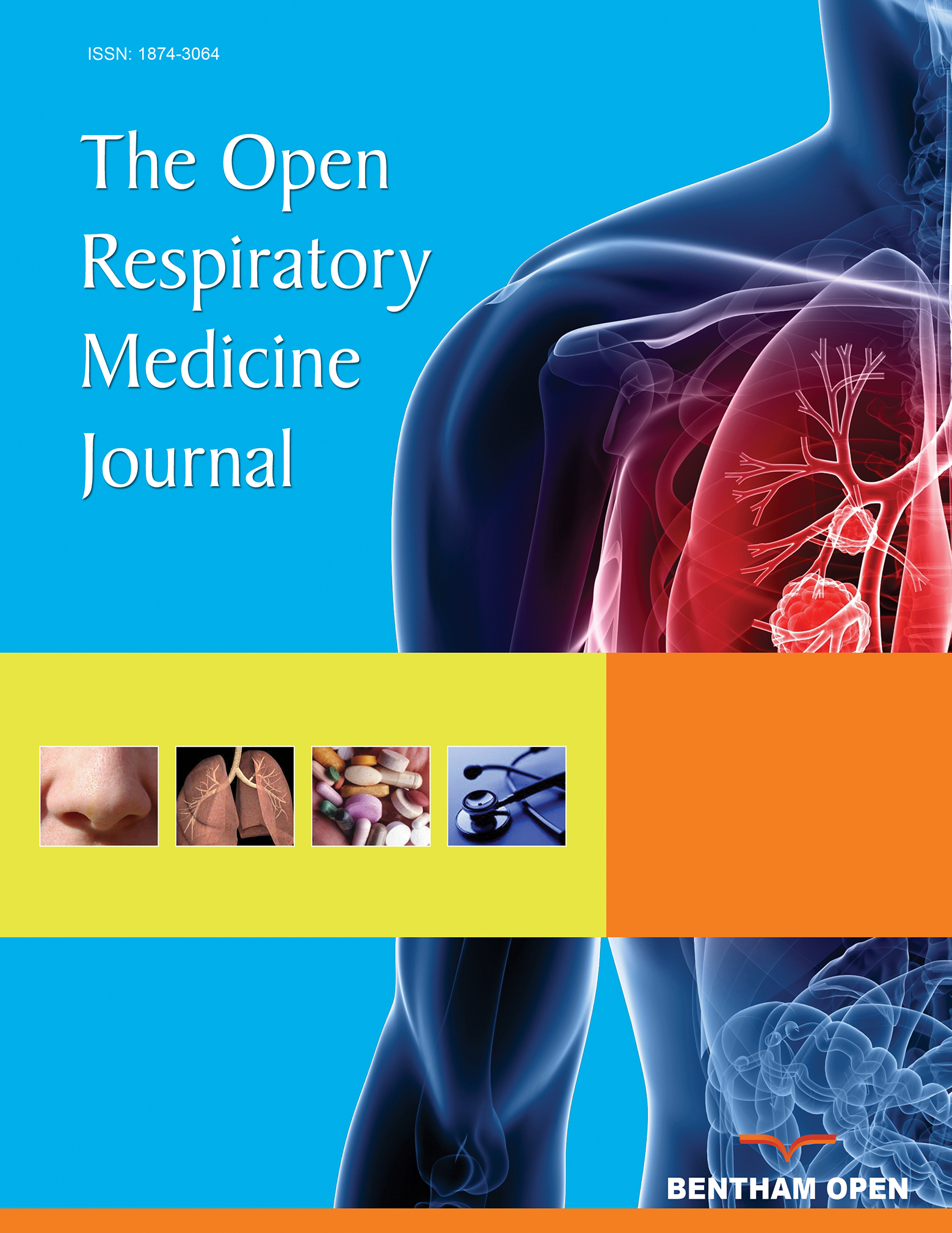All published articles of this journal are available on ScienceDirect.
Protocol: Influence of Budesonide and Budesonide/Formoterol on Asthma Control in Smoking Asthmatic Adults
Abstract
Rationale:
A reduced response to inhaled corticosteroids (ICS) has been reported in smoking asthmatic patients but the effects of other medications remain to be evaluated in this population.
Subjects and Methods:
We evaluated the effects of a combined therapy of budesonide 200 µg twice daily and formoterol 6 µg twice daily compared with budesonide 200 µg twice daily alone on asthma control questionnaire (ACQ), asthma quality of life questionnaire (AQLQ- Juniper), pulmonary function and airway inflammation, in a cross-over randomized double-blind study with treatment periods of two months separated by a one-month wash-out period. Seventeen smoking and 22 non-smoking patients not using inhaled corticosteroids with slightly uncontrolled mild asthma completed the study.
Results:
ACQ and AQLQ scores were similar in both groups at baseline and improved similarly after treatments. β2-agonist use was higher in smokers, regardless of the treatment received (p=0.03), as it was on baseline (p=0.003). Smokers treated with budesonide/formoterol showed an increase in the number of asthma episodes (intercurrent asthma symptoms, p=0.016) while non-smoking subjects had a significant decrease in these episodes (p=0.009). No difference was found between smokers and non-smokers in regard to post-treatment airway inflammatory parameters.
Conclusions:
No significant differences were found between smoking and non-smoking subjects with mild asthma in regard to clinical changes in asthma control, pulmonary function and airway inflammation following a 2-month treatment period with budesonide or the association of budesonide and formoterol for a period of 2 months. This should be further explored in larger groups of subjects.


